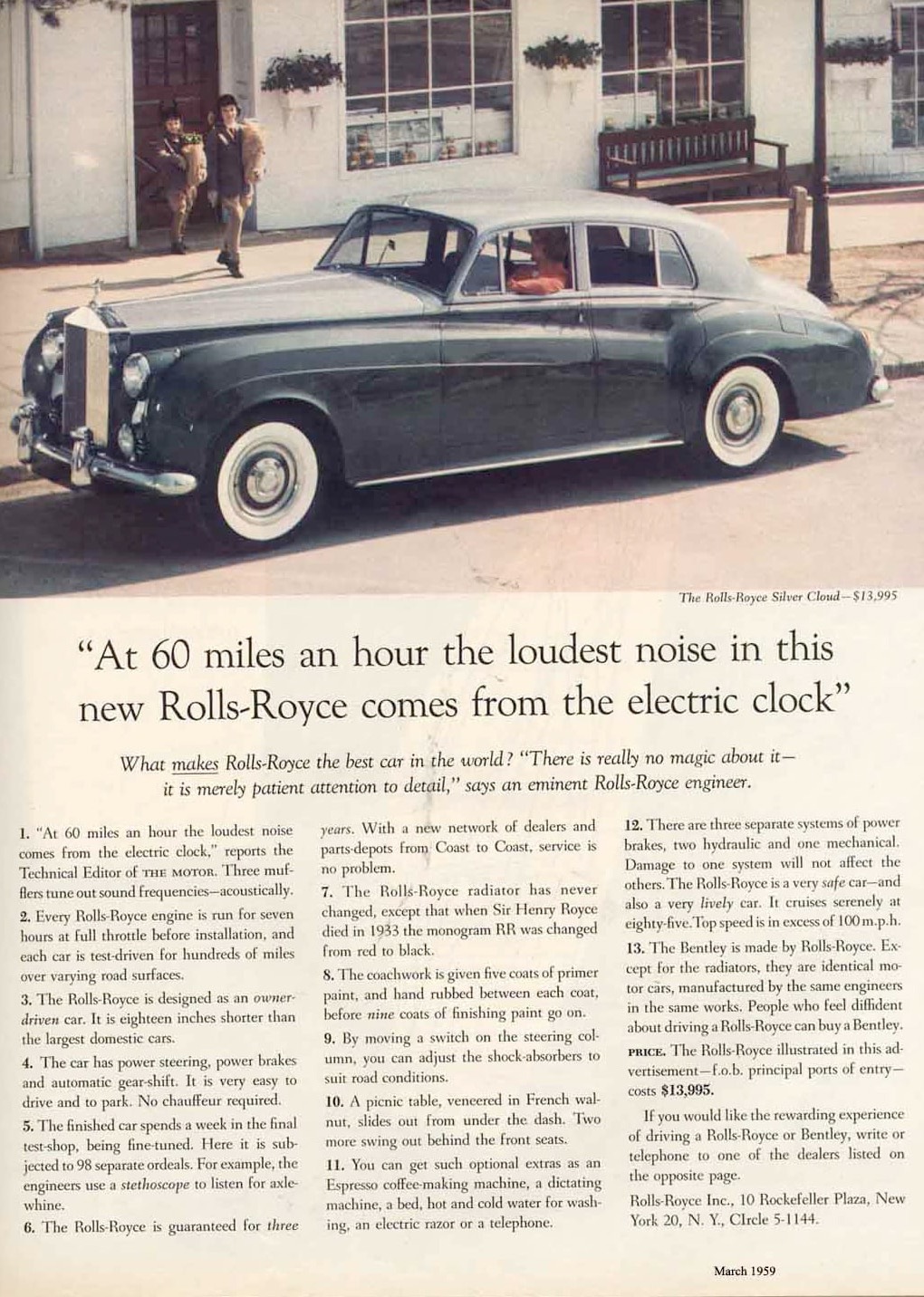Blog
Case Against Marketing Automation in 2019
Marketing automation is everywhere. And there is this insane rush to automate more and more of marketing.
The big promise: if we automate marketing money will roll in and we’ll sip Pina Coladas in Hawaii.
I can see why this has become such a promising mantra:
A: It really would be amazing if we could automate marketing and sit back and relax. But why stop there, why not just automate life and take a permanent high-end vacation? Both are just as likely.
B: Software vendors are buzzing about the power of marketing automation messages. I can see why they’re doing it: software has a 70% margin.
I don’t care about the people hawking the software, I care about you, the brave ecommerce entrepreneur.
My reasons for why marketing automation is a mostly terrible idea
1: When was the last time you tweaked an aspect of your business (like pricing, bundling, paid campaign, or email blast)? If the answer is “in the last 12 days” then automation may not be for you. The point is that if your business is evolving then automation can lead to all sorts of unintended consequences because each change could most definitely
2: As a leader, it’s really hard to audit automation because the tentacles of automated campaigns spread far and deep. And with the conditional aspect of automation ( if – then type scenarios) you might never be able to recreate a user path to see if it’s broken.
3: The fact that you are even thinking about automating marketing should be a red flag to consider a deeper issue. Maybe you’ve realized that there are bigger issues with the business? Are you using automation as a way to avoid the truth? If you’re an online business you should love marketing, you shouldn’t be thinking about getting it out of the way. I doubt very much if this ad was the outcome of automated processes:

4: Like cheap leather, your customers can smell automated experiences a mile away. It’s damn hard to make automated experiences authentic. One of the most common aspects of marketing automation is automated emails. Nearly all retailers have some sort of automated drip campaigns set up. Most feel like talking to the automated prompt when I frantically call my bank. I’m not saying the voice assistant doesn’t get the job done, she does, but she ain’t no match to an actual human. Maybe I’m saying this because I’m a marketer, maybe the average user wouldn’t catch on, but I know instantly when I receive an automated email. And ignore them 100% of the time (are you listening, Tommy Bahama email team?). You know my rule, if it’s automated, it’s craparoo.
5: Prevents you from getting your hands dirty. Prevents you from getting to the truth. By definition, the whole point of automation is to create something and then forget it. But learnings happen when we revisit things every
Now, if you absolutely are knee-deep in automation and if the cost of turning it off is exorbitant my advice is to create a simple listing of all aspects of automation with a listing of the trigger and content related to each trigger. And then do a manual audit once a quarter. And as the leader of the business, you need to lead this audit process.
If you agree with our stance against marketing automation you are going to love our idea of using a non-automated approach to email marketing.
Active on LinkedIn?
If you’re on LinkedIn much you can should definitely connect with me. On LinkedIn, I post ecommerce conversion ideas every day, multiple times a day.




Comments 3
The alternative to automated processes are manual ones, and most companies will see inefficiency, high cost-to-return and great difficulty in measuring campaign results. If every outreach is a 1:1 sent by a person, and custom crafted with messaging, offer, tone – there are just too many variables to get accurate data on what’s working and what’s not. If your automated campaigns are too difficult to audit, that problem is not solved by, rather is multiplied when trying to audit manual efforts.
In other words, unsustainable, unmeasurable, unreliable.
ReplyRishi Rawat
Hi, Linda. Thank you for that thoughtful comment. I can absolutely see your point.
Another approach (which would incorporate both your view and my rant) is to start with a manual process (one could apply that manual approach to a small sample size) and over time develop an automated solution once we understand the underlying mechanics (which are different for every retailer).
I’m not opposed to sensible marketing automation.
I’m just about to start a project where I’ll be manually handling email marketing for a client (they already have a fully automated system, which I’ll pause). I’ll be curious to see how I feel at the end of the process.
Have a great weekend. –Rishi
ReplyRishi – I always find your ideas fresh, unique, helpful – I can see you speaking at the Internet Conferences….IRCE in Chicago, for example.
Reply